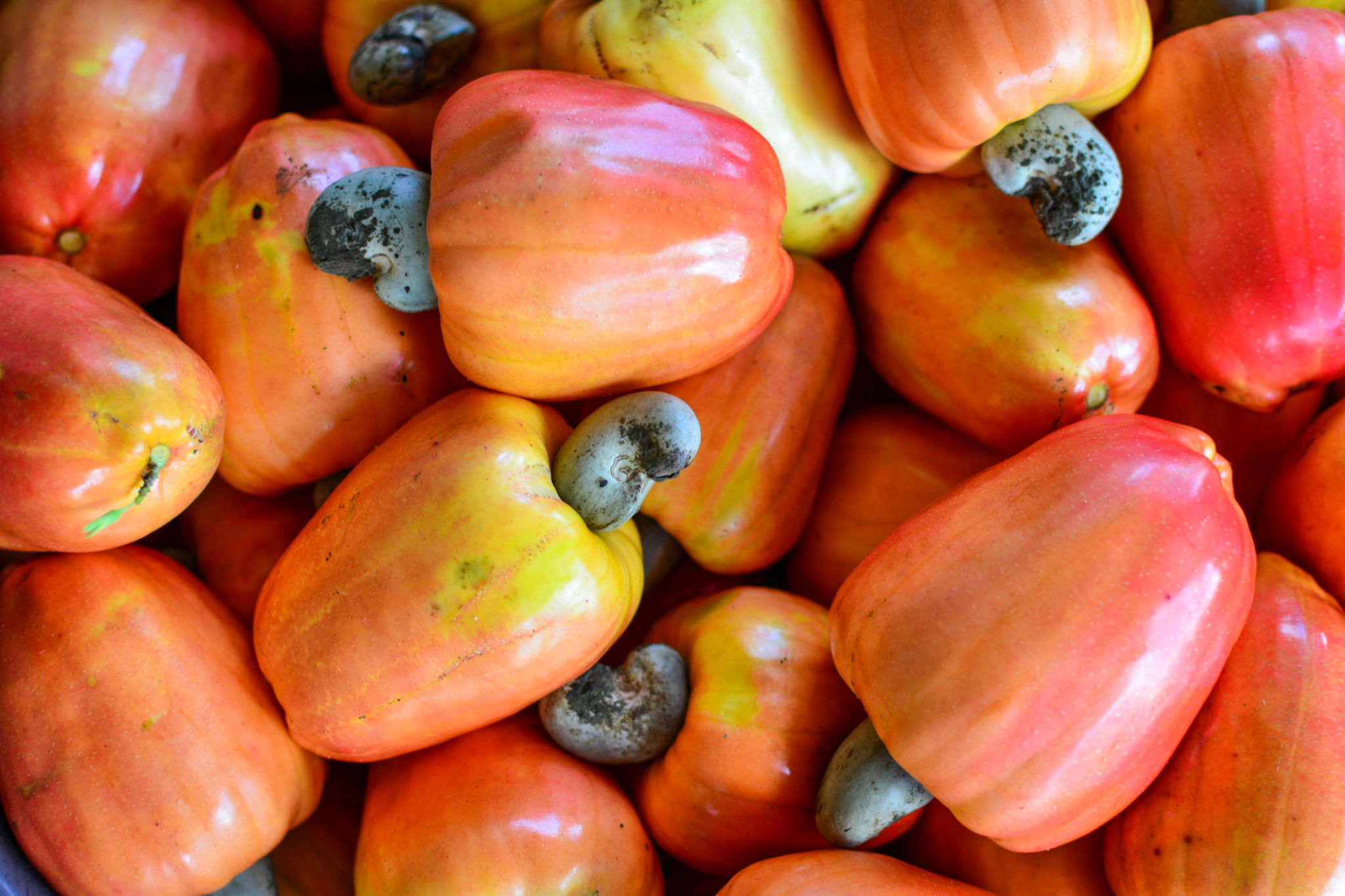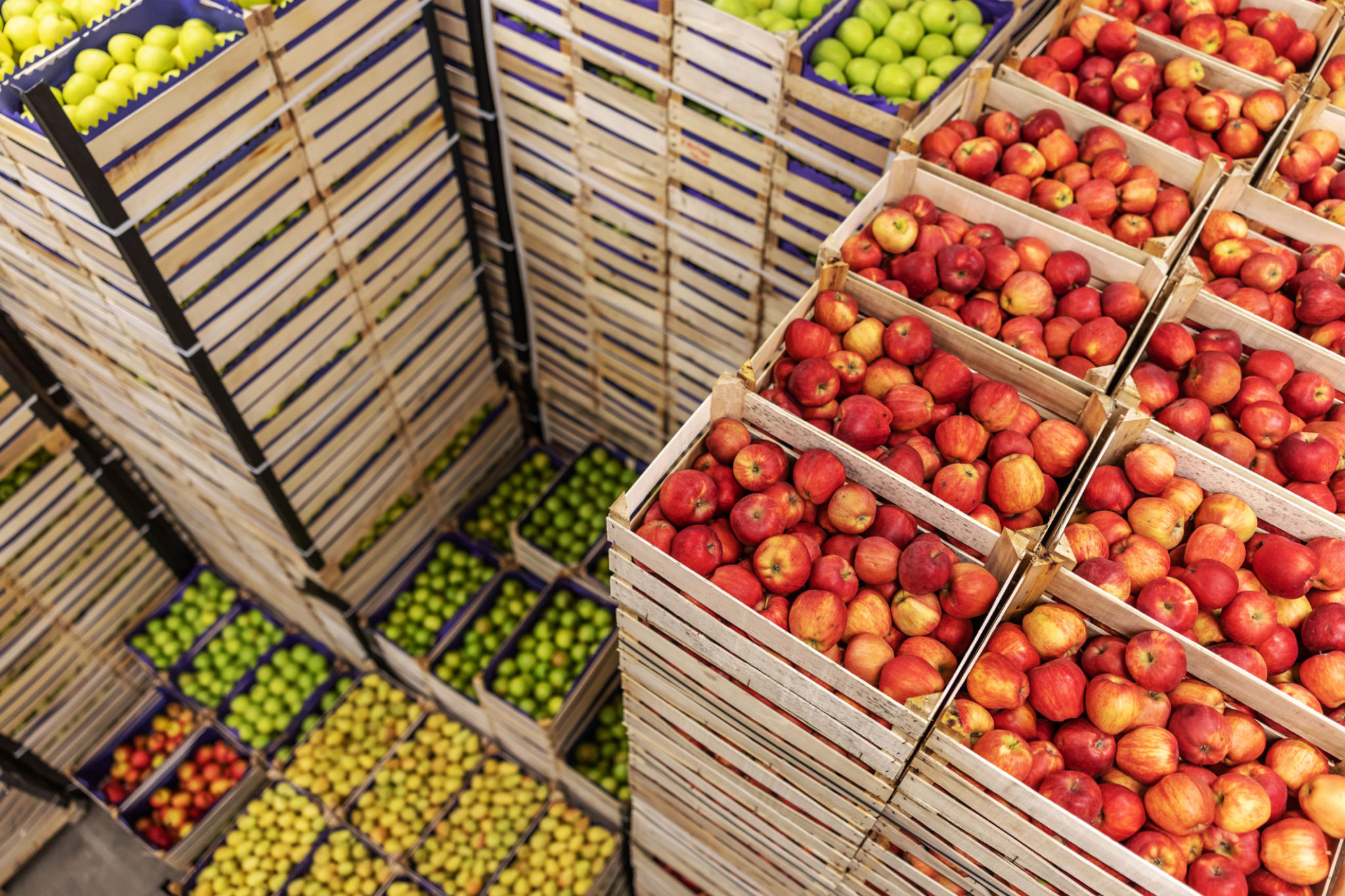Seasonal Brazilian Fruits: Import Guide for US Markets
Introduction to Brazilian Fruits
When it comes to diversifying your fruit offerings, Brazilian fruits provide a vibrant and exotic option. The unique climate of Brazil allows for the cultivation of a wide variety of fruits that are not only delicious but also rich in nutrients. Importing these fruits to U.S. markets can open new opportunities for businesses looking to expand their product range and attract health-conscious consumers.

Why Import Brazilian Fruits?
Brazil is home to an impressive array of fruits, some of which are relatively unknown in the U.S. market. This novelty can be a significant selling point, as consumers are always eager to try something new and exciting. Furthermore, many Brazilian fruits are rich in vitamins, antioxidants, and other beneficial compounds, making them a hit with health enthusiasts.
Some popular Brazilian fruits include:
- Açaí
- Cupuaçu
- Soursop
- Guava
Understanding Seasonal Availability
The key to successfully importing Brazilian fruits lies in understanding their seasonal availability. In Brazil, the fruit harvest seasons differ from those in the U.S., providing a unique opportunity to fill gaps in local supply. For example, while many U.S. fruits are out of season in winter, Brazil's tropical climate allows for continuous production.

Navigating Import Regulations
Importing fruits from Brazil requires careful consideration of U.S. import regulations. The U.S. Department of Agriculture (USDA) has specific guidelines that must be adhered to, including inspection and quarantine measures to prevent pests and diseases from entering the country. It's crucial to work with experienced import brokers who are familiar with these regulations to ensure a smooth process.
Steps to ensure compliance include:
- Understanding phytosanitary requirements
- Completing necessary paperwork
- Ensuring proper labeling and packaging
Logistics and Distribution
The logistics of importing Brazilian fruits involve several steps, from selecting reliable suppliers in Brazil to managing transportation and distribution within the U.S. Partnering with logistics companies that specialize in perishable goods can help maintain the quality and freshness of the fruits during transit.

Building Relationships with Suppliers
A successful import operation often hinges on building strong relationships with suppliers in Brazil. Establishing trust and communication ensures that you receive high-quality produce and can negotiate favorable terms. Visiting suppliers and farms can provide valuable insights into their farming practices and the quality of their produce.
Marketing Brazilian Fruits in the U.S.
Once the fruits have successfully made it to the U.S. market, effective marketing strategies are essential. Highlighting their exotic nature, health benefits, and unique flavors can attract consumer interest. Offering samples, creating recipe ideas, and engaging with customers through social media can drive awareness and sales.
The importation of Brazilian fruits offers exciting possibilities for U.S. markets. By understanding seasonal availability, navigating regulations, and establishing strong supplier relationships, businesses can successfully introduce these exotic fruits to consumers eager for new tastes and healthy options.